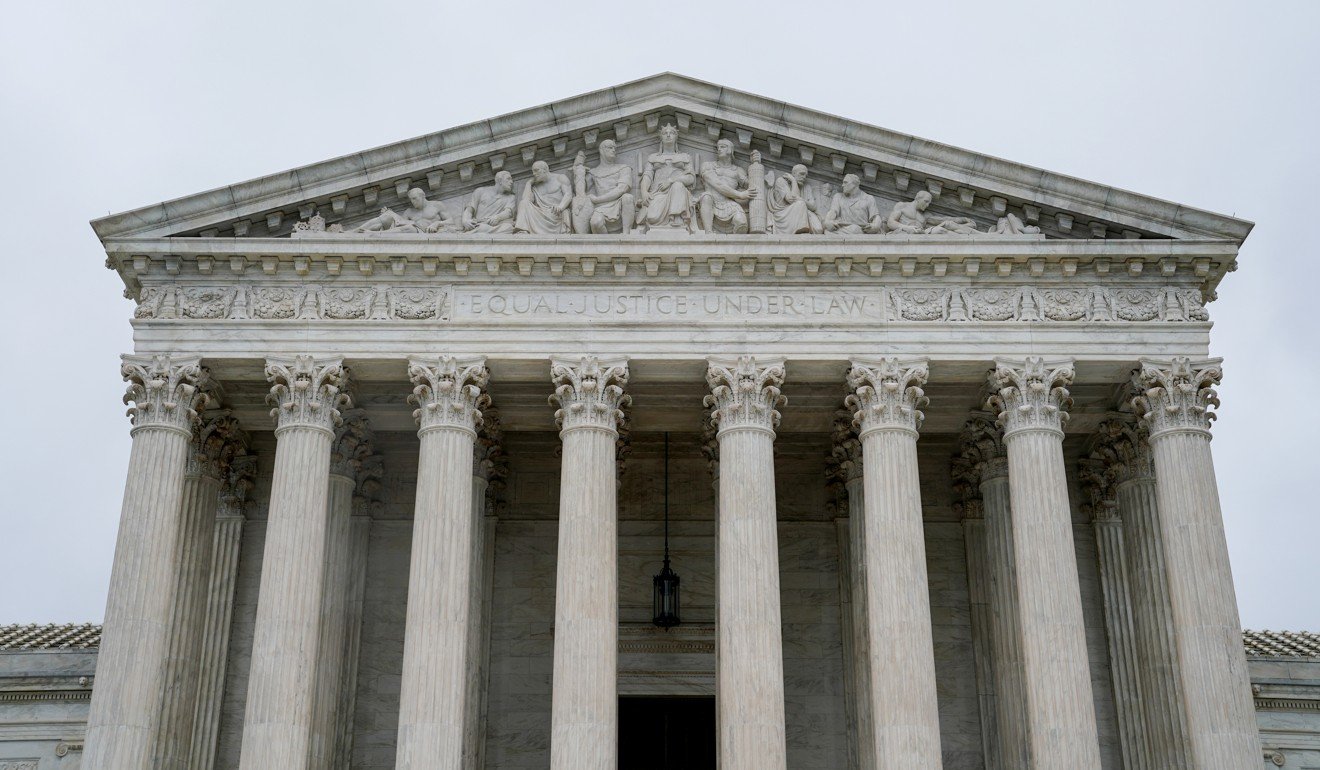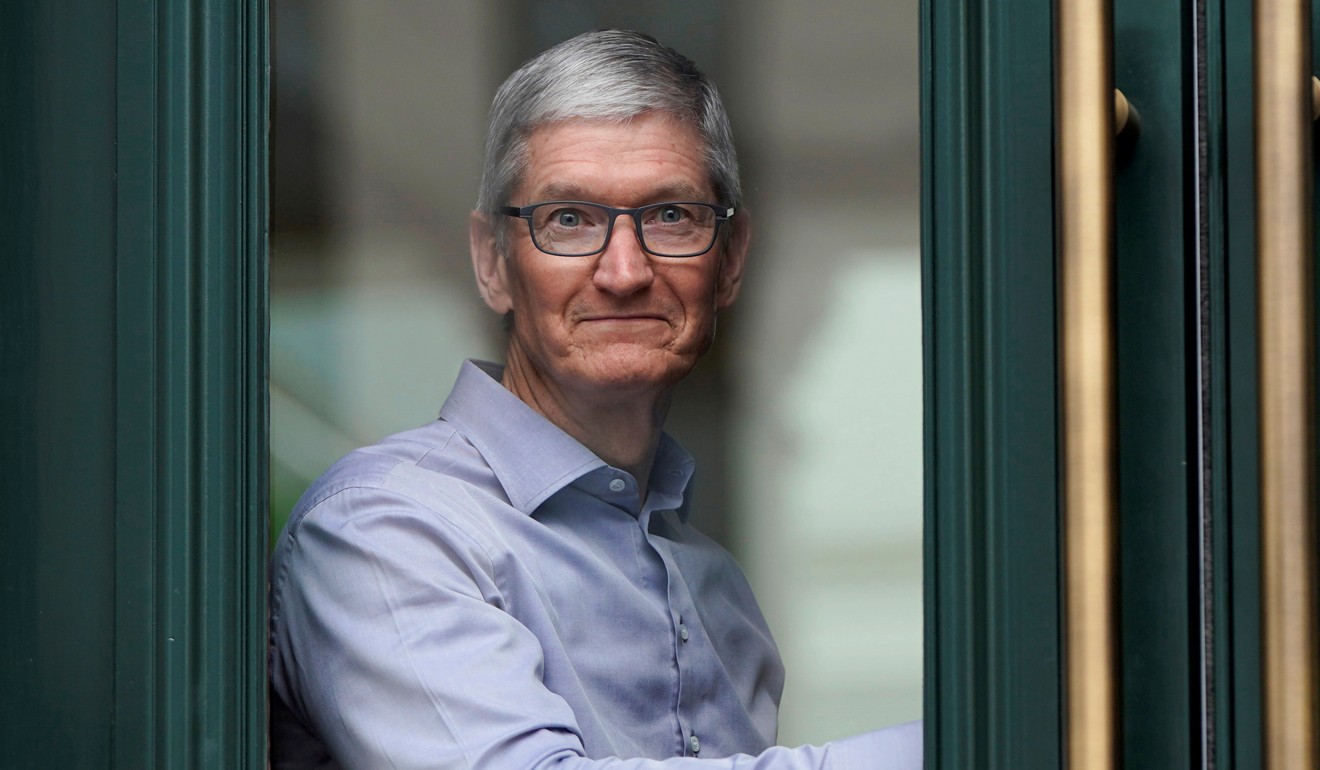
US Supreme Court rules against Apple, allowing lawsuit targeting App Store to proceed
- The lawsuit accuses the iPhone giant of overcharging on its App Store
- Apple long has taken a commission on every paid app sold through this portal, rankling some developers that essentially see it as a tax

Apple suffered a significant defeat at the US Supreme Court on Monday as the justices ruled that consumers could continue with a lawsuit against the company over the way it manages its App Store.
The 5-4 ruling could add to pressure for Apple to cut the 30 per cent commission it charges on app sales, one of its most lucrative lines of business.
Lawyers pressing the case have said they will seek hundreds of millions of dollars on behalf of overpaying consumers.
Justice Brett Kavanaugh, an appointee of US President Donald Trump, joined the court’s four liberal justices to rule against Apple and wrote the decision.

Apple shares were trading down US$11, or 5.5 per cent, at 186.25 by early afternoon.
At the heart of the case is Apple’s handling of iPhone and iPad apps created by third-party developers and made available on its heavily curated App Store.
Apple long has taken a commission on every paid app sold through this portal, rankling some developers that essentially see it as a tax.
The policy led iPhone owners to band together in 2011 with a class action lawsuit, led by plaintiff Robert Pepper, who argued that consumers ultimately felt the brunt of Apple’s policies because developers raised the prices of their apps.
These consumers brought their case under federal antitrust laws, arguing that Apple’s practices made it a monopoly.

Apple contended that the lawsuit was barred under a 1977 Supreme Court ruling that said only direct purchasers of a product can collect damages for overpricing under federal antitrust law. That decision was designed in part to keep companies from having to pay twice for the same misconduct.
The iPhone giant said it only acted as the intermediary, providing a storefront where consumers found and bought the apps they later installed on their phones.
But Kavanaugh, joining the court’s liberal wing in the majority, said App Store customers met that test because they buy directly from Apple.
“The iPhone owners are not consumers at the bottom of a vertical distribution chain who are attempting to sue manufacturers at the top of the chain,” Kavanaugh wrote. “There is no intermediary in the distribution chain between Apple and the consumer.”
Apple and its tech industry allies had said before the ruling that a decision allowing the lawsuit could lead to expensive antitrust claims against other companies that run online marketplaces, potentially affecting Alphabet Inc’s Google, Amazon.com and Facebook.
In dissent, Justice Neil Gorsuch said the ruling “exalts form over substance”. He was joined by Chief Justice John Roberts and Justices Samuel Alito and Clarence Thomas.
“To evade the court’s test, all Apple must do is amend its contracts,” Gorsuch wrote.
“Instead of collecting payments for apps sold in the App Store and remitting the balance (less its commission) to developers, Apple can simply specify that consumers’ payments will flow the other way: directly to the developers, who will then remit commissions to Apple.”
Additional reporting by Bloomberg and Reuters